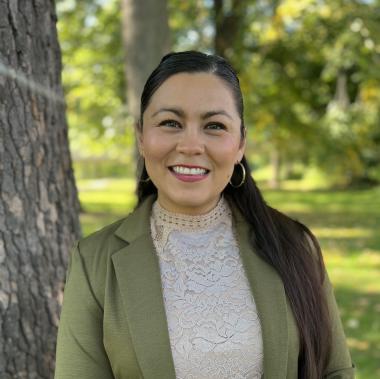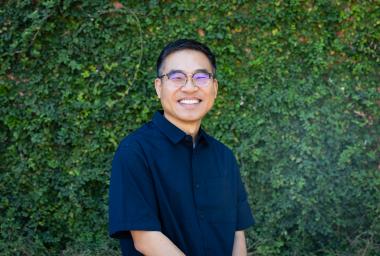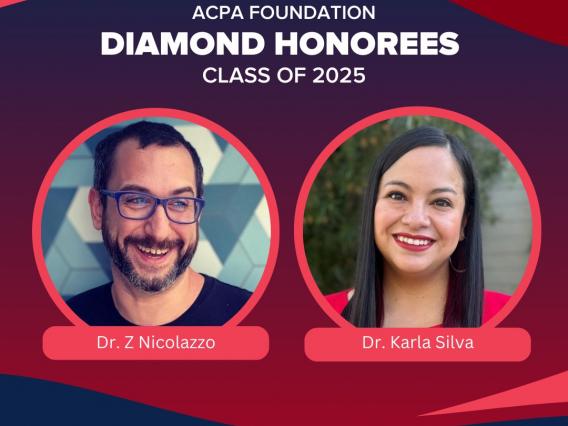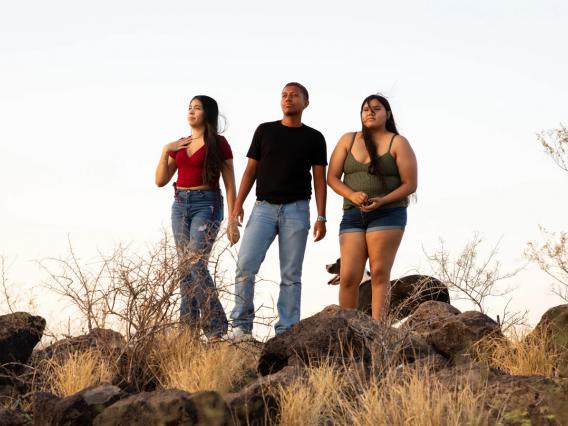I am so pleased to know of your interest in the Center for the Study of Higher Education’s Ph.D. program at the University of Arizona.
The Center's work is distinguished by:
- A commitment not just to improving practice, but also to educational changes that enhance the realization of social justice in higher education and challenge normative ways of thinking with critical quantitative and qualitative methodologies, critical policy and organizational studies, and a focus on geography, identity, and social relations, including race and gender identity.
- A consideration of how developments in the political economy shape and are expressed in the restructuring of higher education settings, policies, professions, and practices, including the dynamics of HSI servingness and their implications for students, faculty, and institutions.
- An exploration of the international/global dimensions, issues, and agencies related to higher education, with particular attention devoted to the Americas and to Indigenous populations.
- An expansive view of college access and success that pays particular attention to community college students, issues of equity in the transition to college, and transfer student pathways.
- These distinctive characteristics go beyond individual faculty; they reflect a collective synergy and orientation of our faculty to scholarship and practice.
Diverse, supportive, challenging intellectual community
We are proud to enroll Ph.D. and M.A. students from all corners of the world. While many of our students call Arizona home, many others come from all over the country and globe to study with us—bringing with them their knowledge, experiences, and curiosities and strengthening our community.
We are a proudly diverse community. As faculty, all of us in our own way, hone critical, equity- and social justice-focused scholarship. Meanwhile, over half of our students are women, and approximately half are students of color (with over 30% Latinx, almost 10% African-American, and 8% Native American). A large proportion are first-generation college students. Several are international or have immigrant backgrounds. This diversity enriches our community and infuses every aspect of the work we do.
With a small core of required classes, we give students the flexibility to specialize in an area of expertise based on their own unique interests and professional goals to move into a range of higher education policy, research, service, and leadership positions. Ours is a diverse, supportive, and challenging intellectual community, and our students are invaluable in making that type of community possible. A high proportion of our students are accomplished professionals and we value the practical experience and organizational experience they bring, along with their commitment to service, equity, and transformation.
Faculty foster a culture of research
We are supportive of each other's work and that of our students. Most of our students work, yet are fully engaged intellectually in a program that emphasizes a culture of research and reflective practice. Our aim is to bring theories and findings from the academic literature to bear on professional practice in ways that enhance students' abilities to understand, analyze, and act within postsecondary organizations and systems. We seek students who are deeply committed to the advancement and improvement of higher education as students, practitioners, scholars, and activists.
Most of our students advance into positions in various support professions and administration, but some also pursue faculty positions. Although most obtain positions on college and university campuses, we have also placed students in systemwide administration, policy agencies such as WICHE, and in private enterprise.
Learn more about our faculty by clicking on their profiles below.
Our core faculty
- Nolan Cabrera, he/him, Professor
- Regina Deil-Amen, she/hers, Professor, Associate Dean of Faculty Affairs
- Leslie D. Gonzales, she/ella, Professor
- Heather Haeger, she/they, Assistant Professor
- Judy Marquez Kiyama, she/hers, Professor
- Amanda Kraus, Associate Professor of Practice
- Jenny Lee, Professor
- Jameson D. Lopez, Associate Professor
- Z Nicolazzo, she/her, Associate Professor
- Whitney Mohr, she/her/hers, Assistant Professor of Practice, Coordinator of the Higher Education M.A.
- Moira Ozias, she/hers, Assistant Professor
- Gary Rhoades, he/him/his, Professor
- Karina Salazar, Assistant Professor
Our affiliate faculty
- Sarah Kyte, Senior Research Scientist
- Matthew Mars, Associate Professor
- Marla Franco, Assistant Vice Provost
- Sharon Ann Aiken-Wisniewski, Assistant Vice Provost
- Celeste Atkins, Director, Initiative for Maximizing Student Development (IMSD)
- Jamaica DelMar, she/hers, Director, African American Student Affairs
Our Staff
- Erika Lopez, Business Manager
- Lora Francois, Administrative Associate
- Diana Peel, Administrative Assistant






